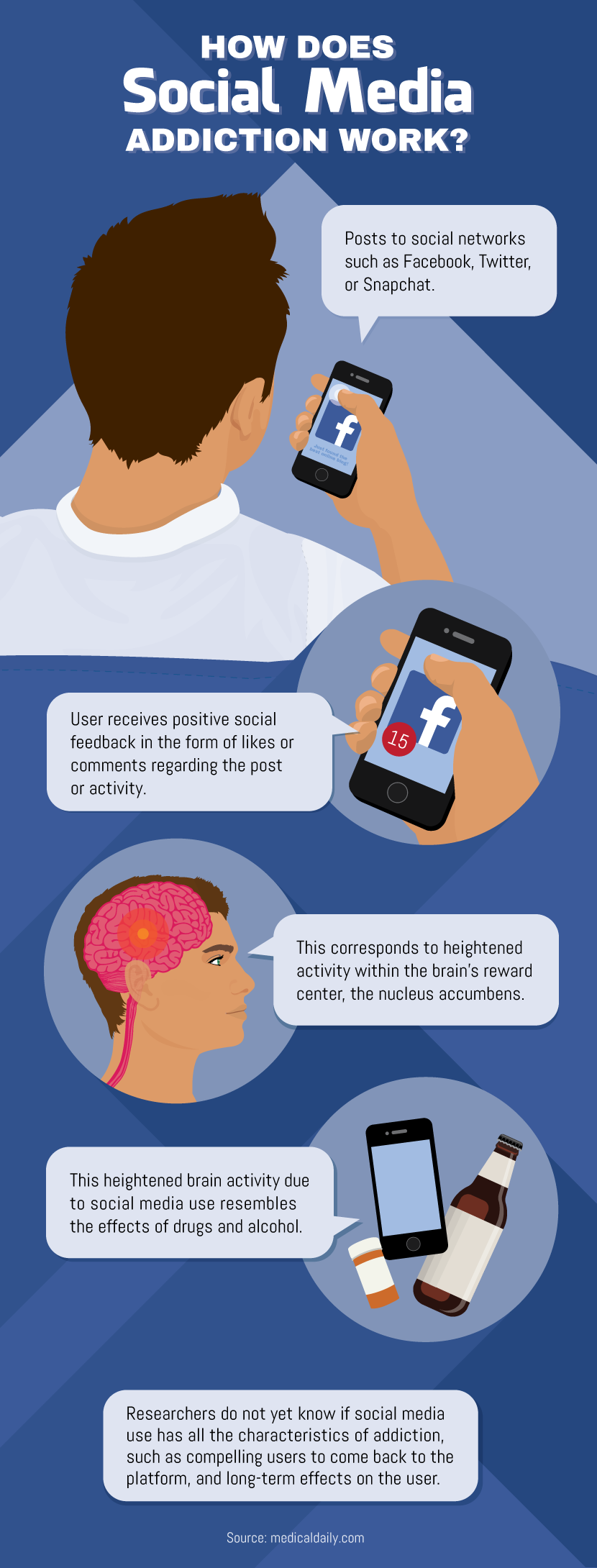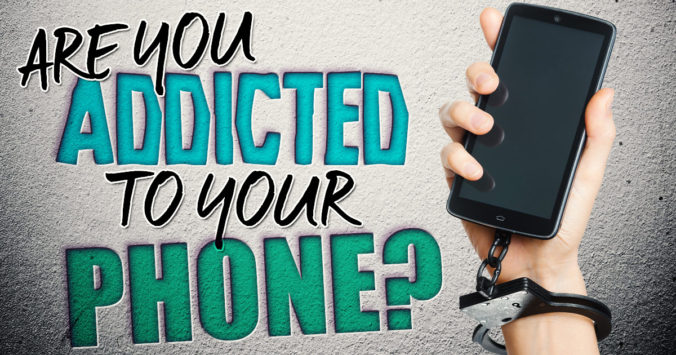Earlier this year, at a concert in Italy, Adele paused in the middle of her set to ask a fan: “Can you stop filming me? Because I’m really here in real life, you can enjoy it in real life, rather than through your camera.”
In recent years, the relentless smartphone user has overtaken that tall guy wearing a hat standing in front of you as the most common concert pest. So much so that Apple recently filed for a patent on a technology that would disable iPhone cameras at concerts and other large events. Of course, some of this has to do with preventing unauthorized recording, but it is also likely an attempt to – in Adele’s words – make people “enjoy it in real life.”
This phenomenon is far from limited to concerts. People everywhere are glued to their smartphones at both appropriate and inappropriate times. Lately, it seems everywhere you turn, someone is attempting to catch a Pokemon. Recently, State Department spokesman John Kirby called out a news reporter for playing the popular game “Pokemon Go” during a briefing. Unfortunately, the reporter was unsuccessful in catching anything. Some view the game, and smartphones in general, as a safety issue. In the wake of the game’s release, the city of Toronto even considered passing a ban on texting while walking, though this was eventually abandoned.
Technology addiction is seemingly widespread these days. You may even find yourself wondering if you are addicted. In our modern interconnected world, it can appear impossible to escape the Internet.
Why Do We Get Addicted?
In general, technology addiction works similarly to other forms of addiction. Receiving a text message or a Facebook notification activates the reward centers in our brains. When someone likes a post we’ve made, we feel good. This is natural. Self-determination theory states that feeling connected to a group is a basic human need and essential to our well-being.
Social media is no doubt a valuable tool that can help us achieve this connectedness with others. But its widespread availability to us anytime, anywhere can also lead to overuse as we find ourselves constantly chasing this feeling. Fear of missing out is now such a common experience that its popular online abbreviation (“FOMO”) was added to the Merriam-Webster Dictionary earlier this year.

Source: Fix.com Blog

Leave a Reply